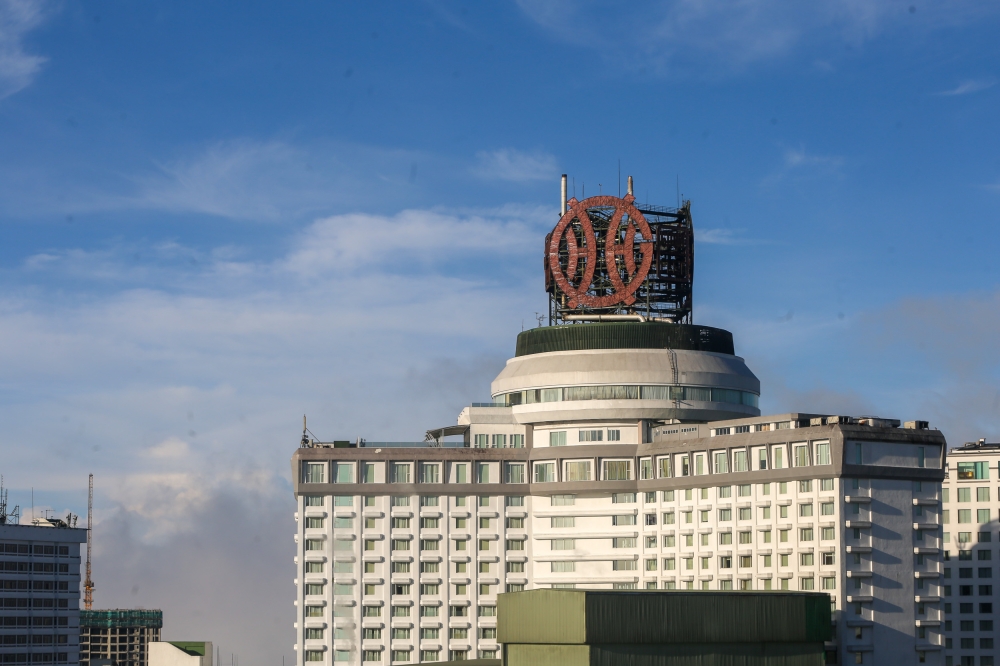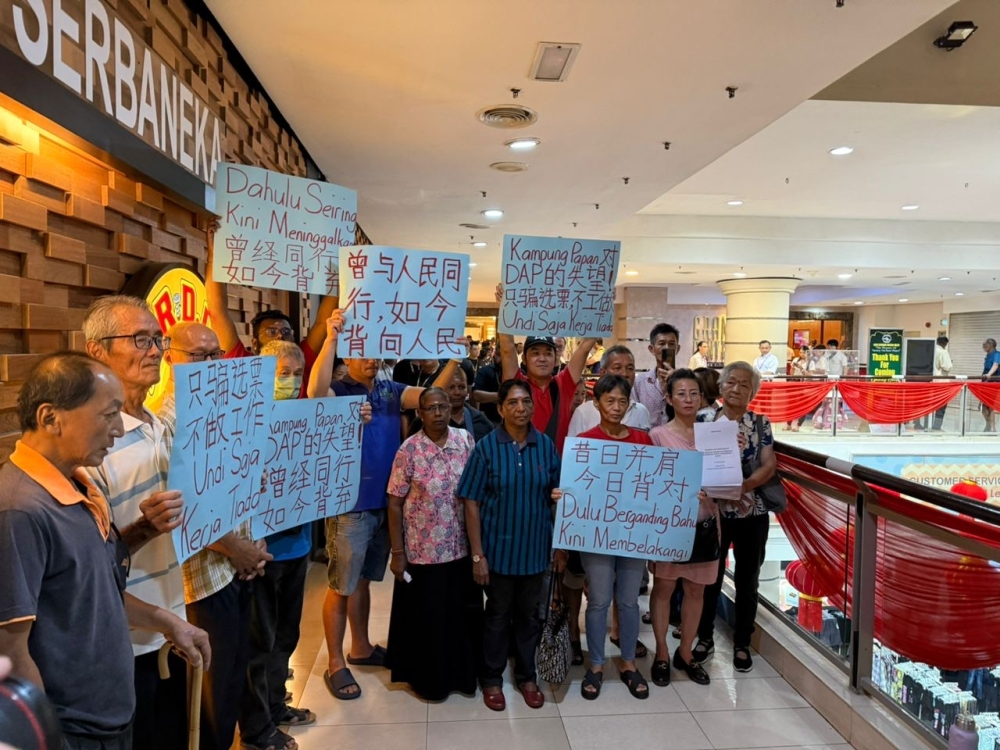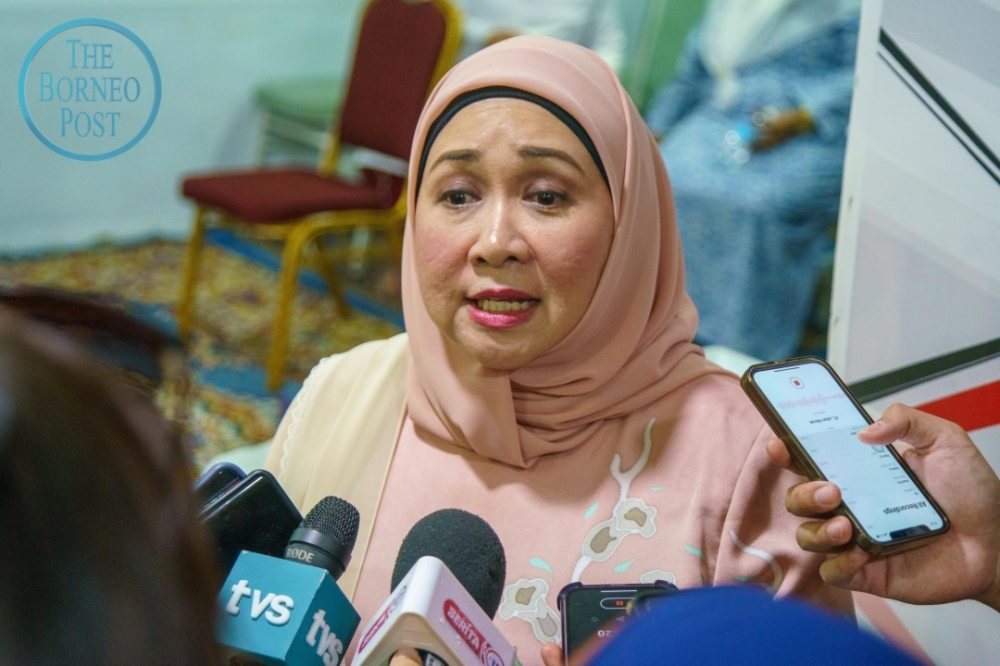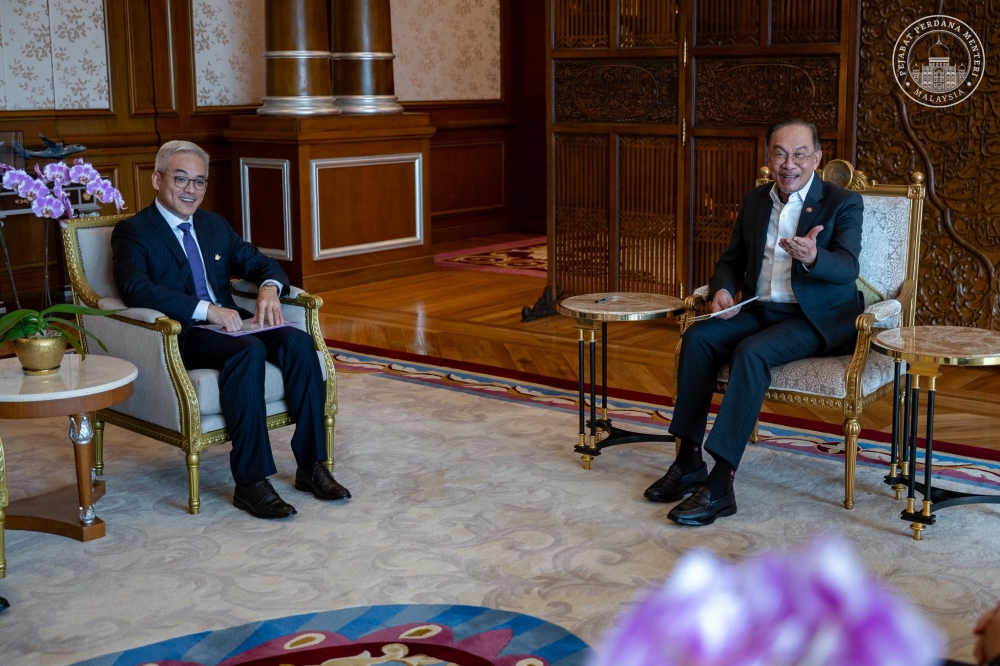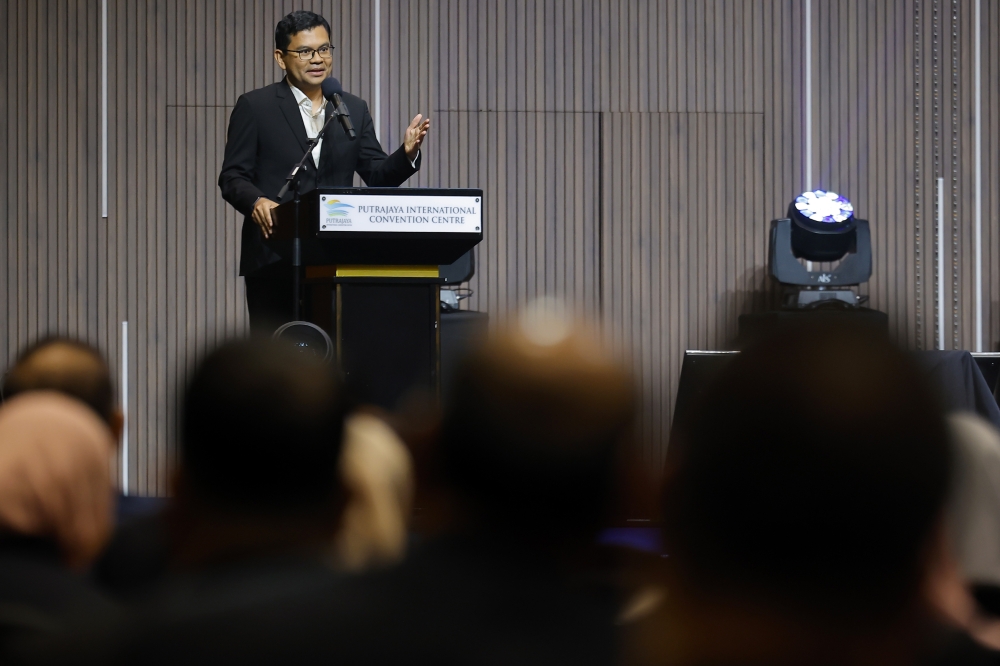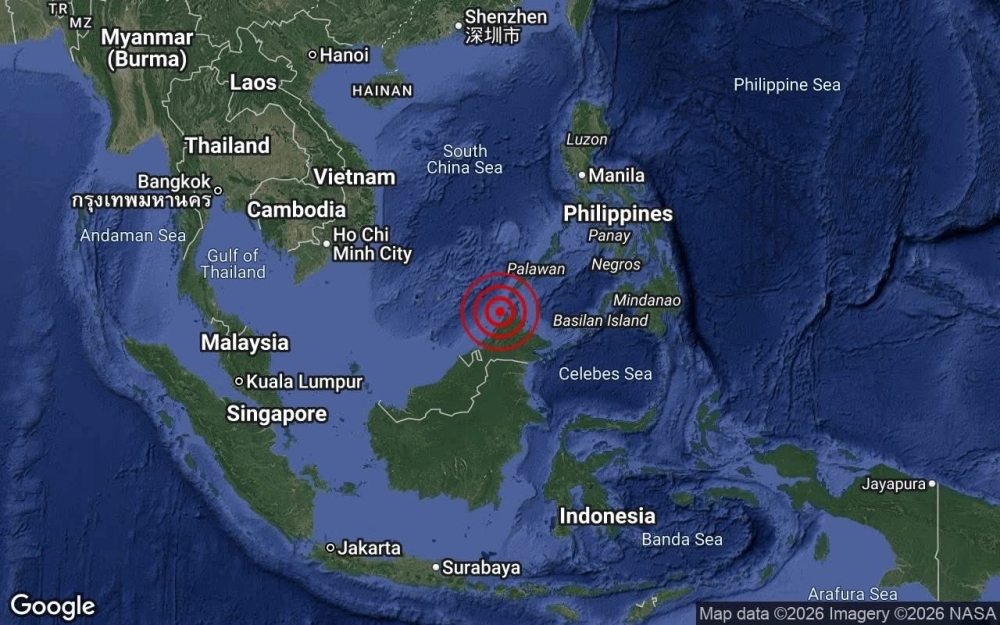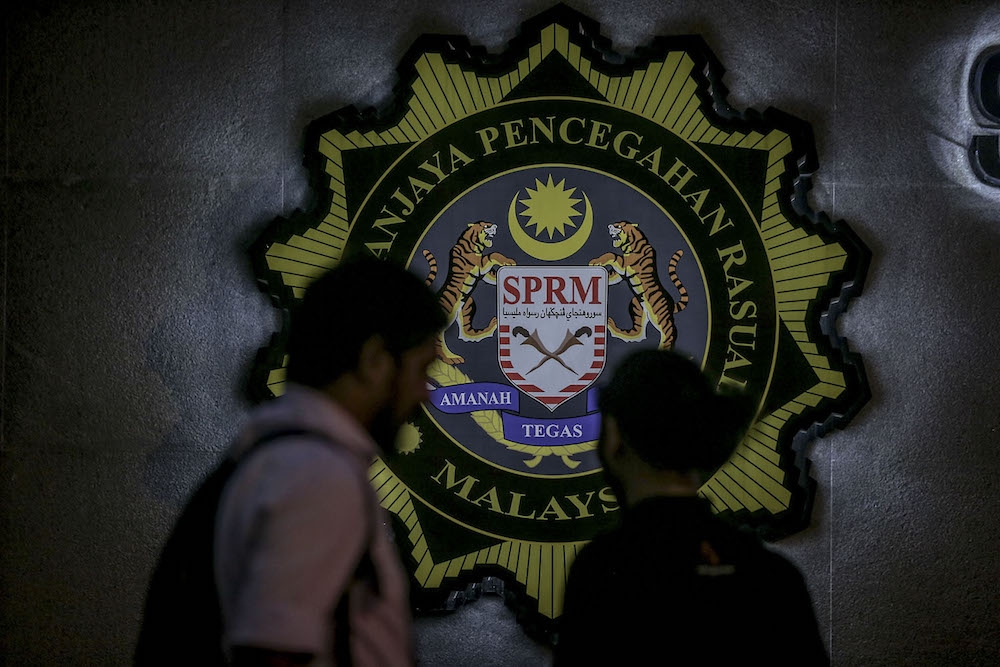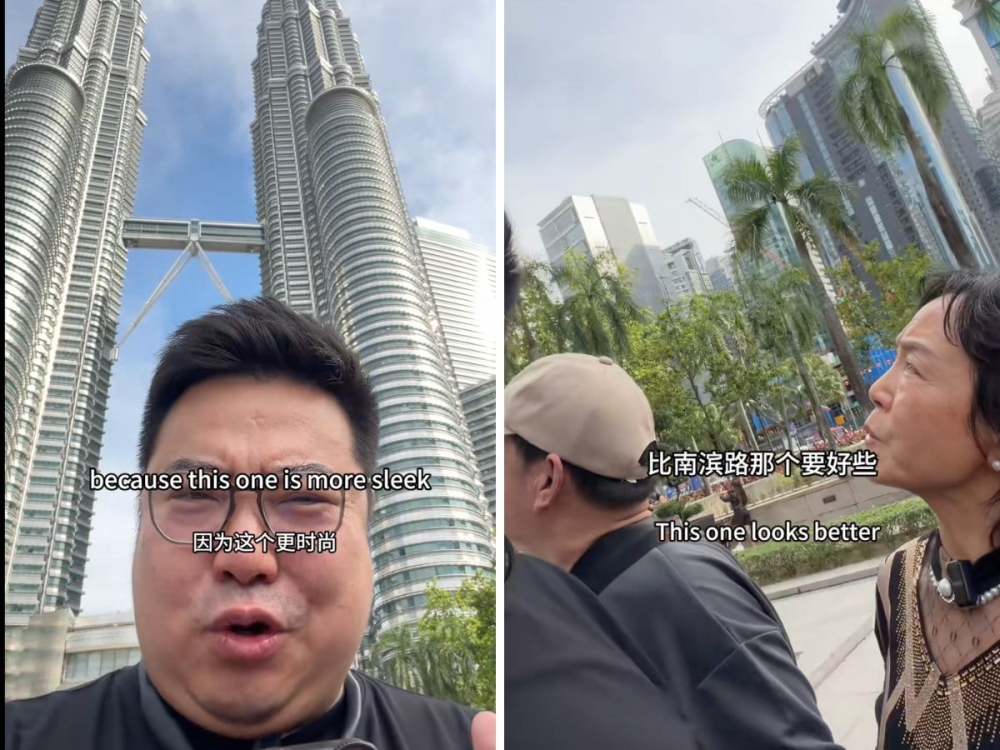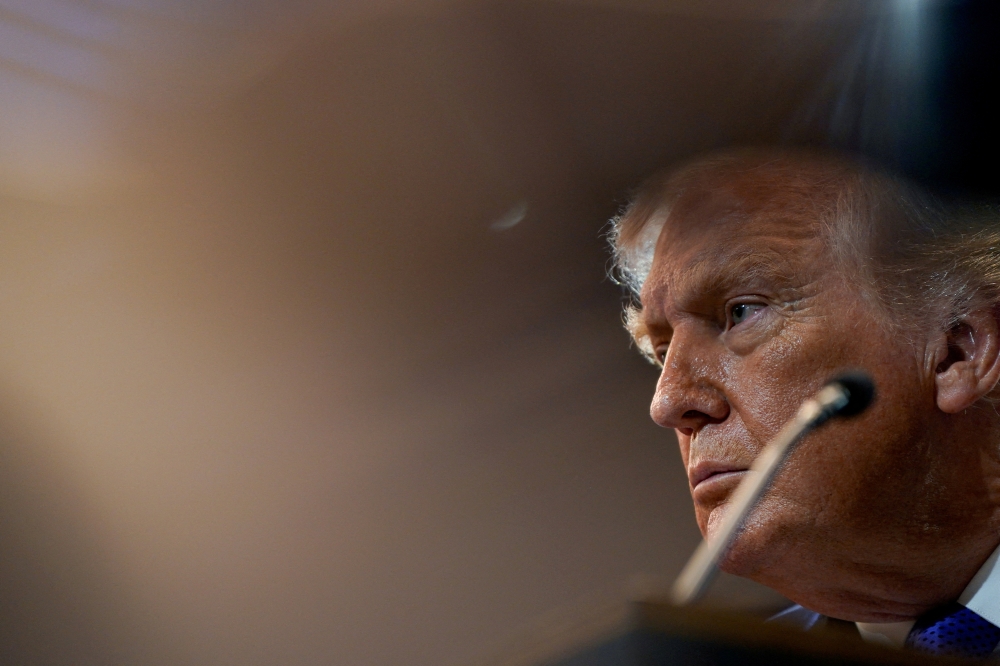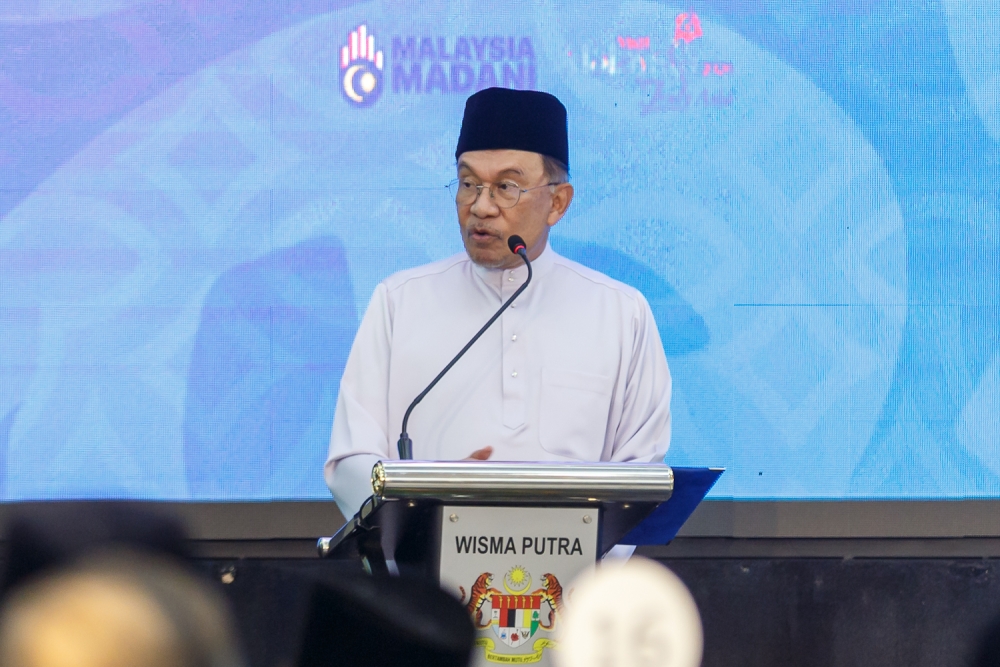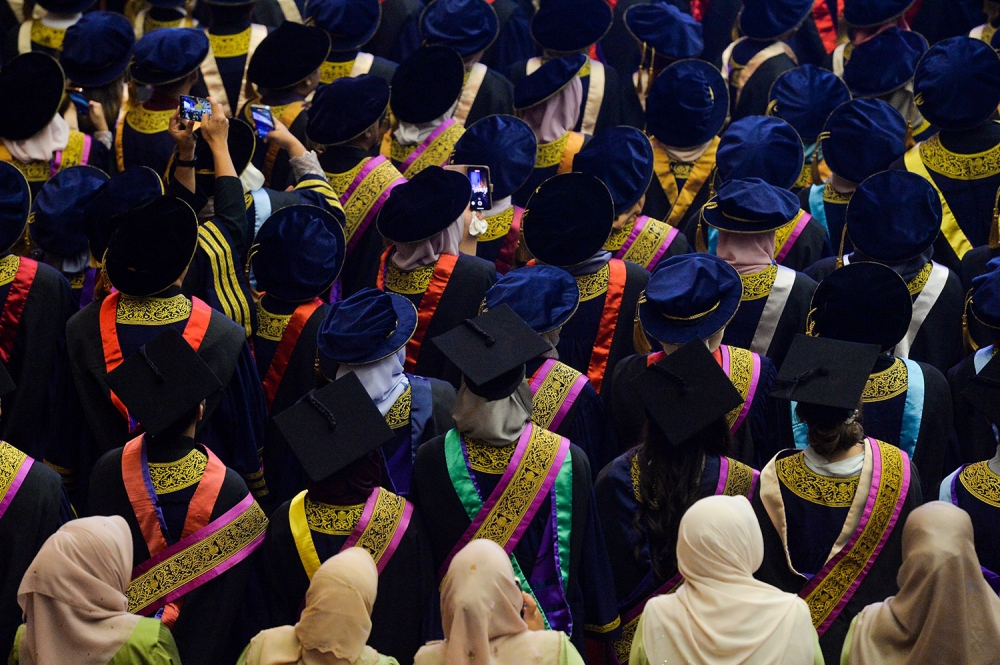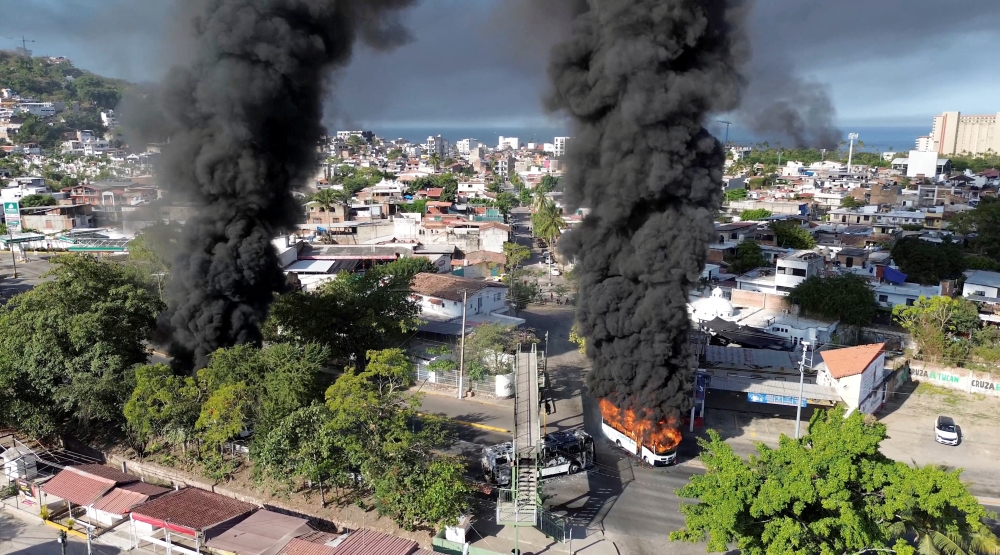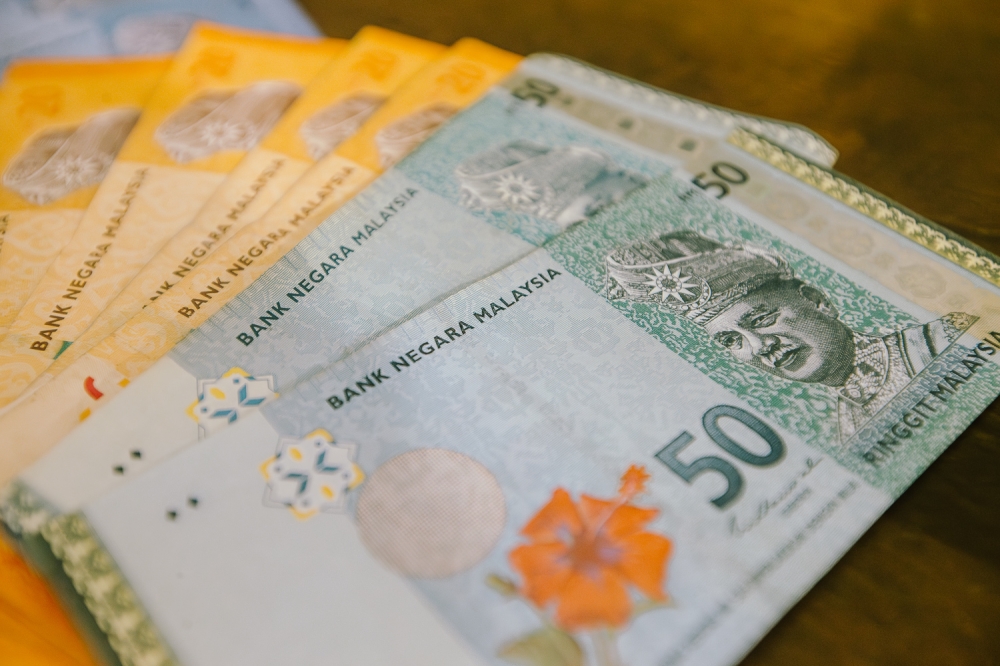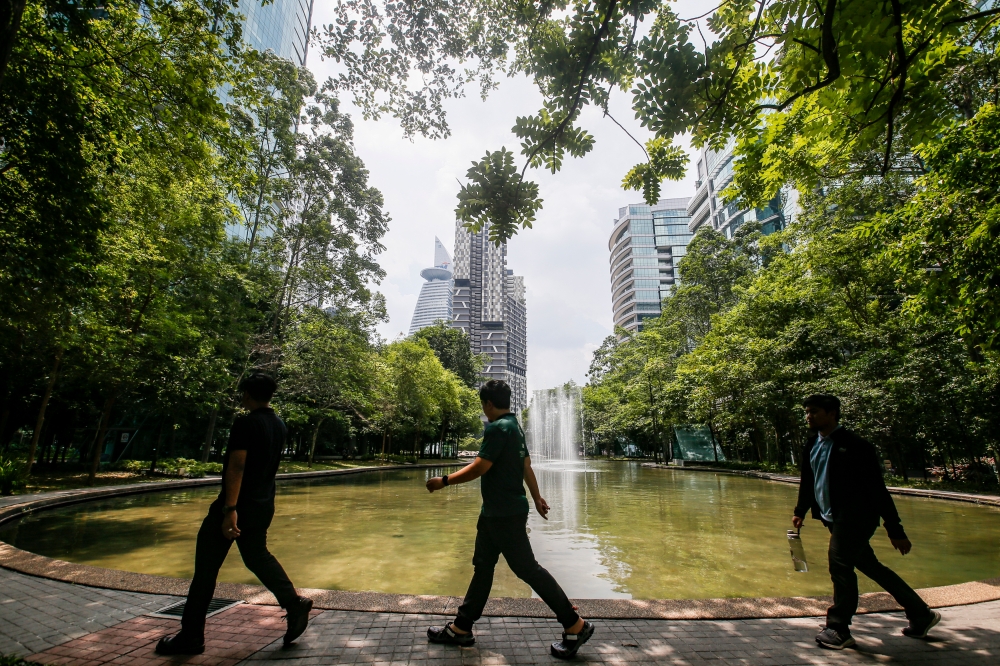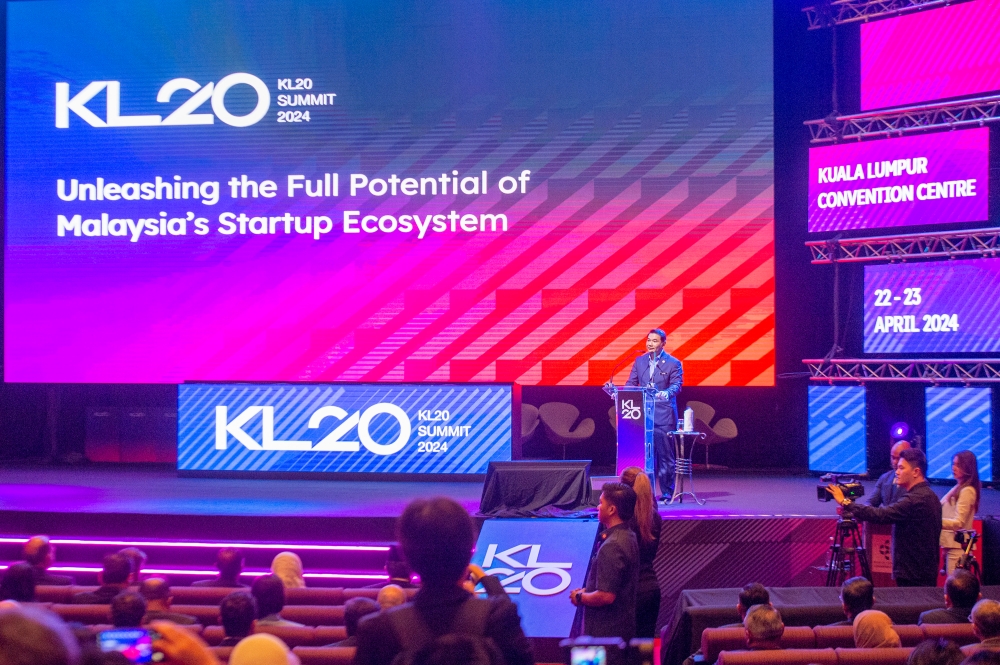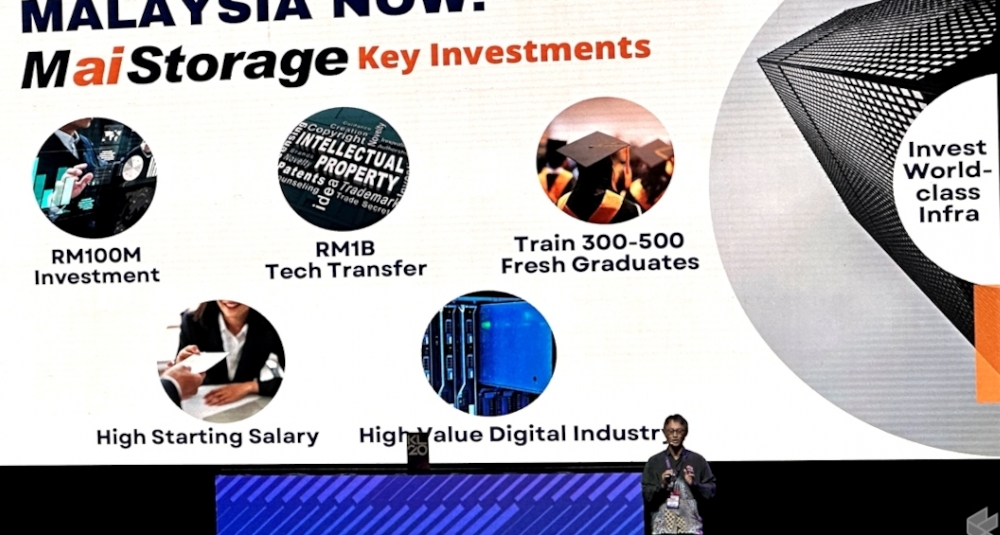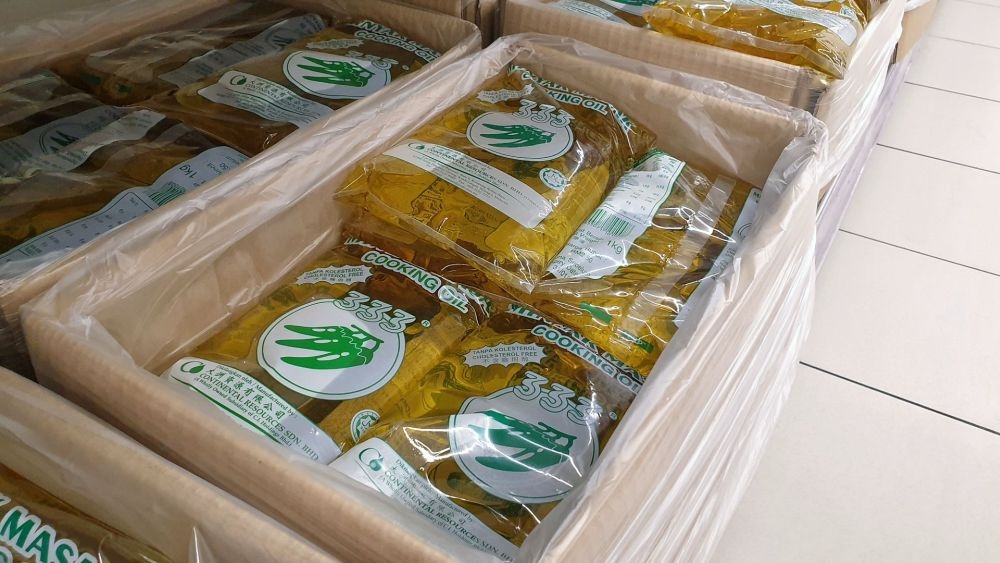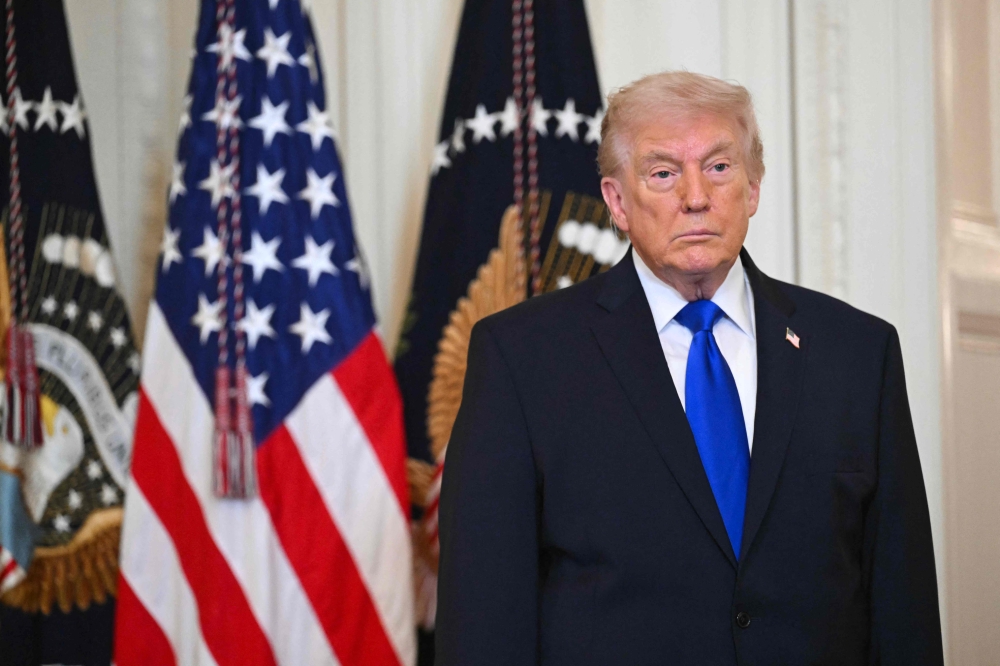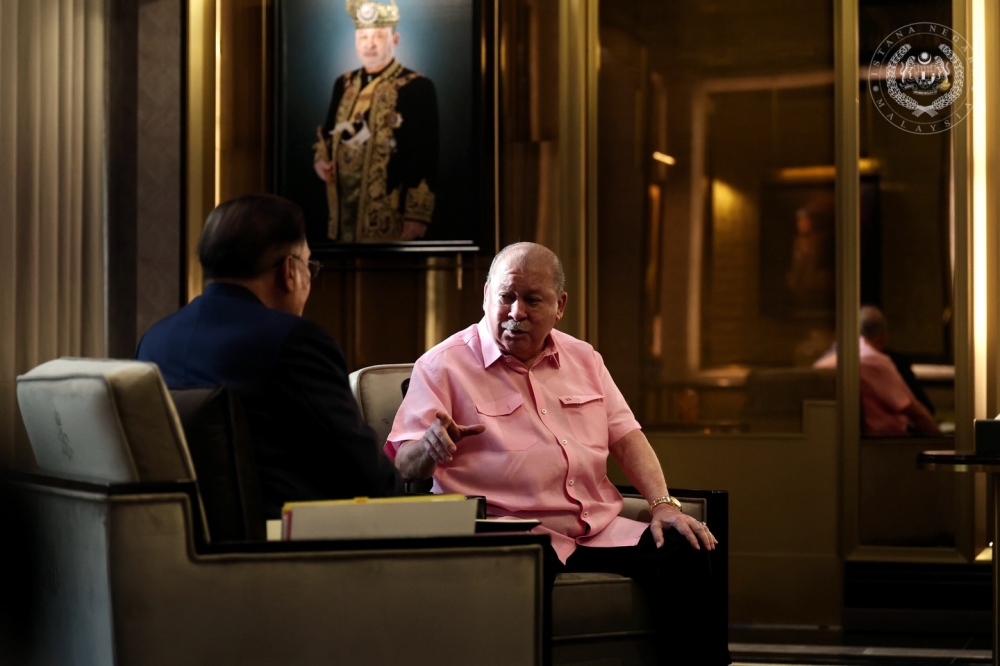KUALA LUMPUR, May 3 — For close to three decades, Putrajaya has attempted to position Cyberjaya in Selangor as its own “Silicon Valley” as part of the Multimedia Super Corridor (MSC) special economic zone and business district.
With Cyberjaya located nearly 40km away south of Kuala Lumpur, Putrajaya has now seemingly changed its tack in attempting to court global startups by establishing the new Startup Hub smack in the middle of the capital instead: around KL Sentral and Bangsar South.
In his keynote address during the KL20 Summit last month, Economy Minister Rafizi Ramli announced the hub as part of the Innovation Belt — which he said is aiming to congregate ecosystem players in geographical clusters, with a critical mass of startups, talents, investors, corporates, and academia.
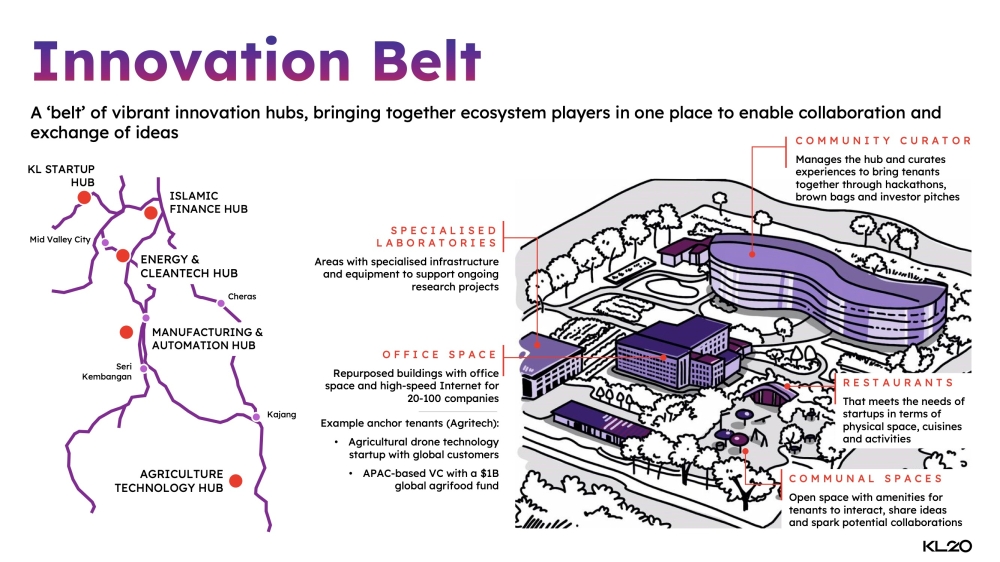
Besides the Startup Hub, the belt will also include four other hubs on Islamic finance, energy and clean technology, manufacturing and automation, and agriculture and technology.
Malay Mail understands that the Startup Hub will focus on the area around KL Sentral and Bangsar South, which has already been the place for technology and startup firms to set up their headquarters or regional offices.
Among the incentives being finalised to court startups and venture capital (VC) firms to set up shop in Kuala Lumpur was subsidised commercial rental.
In a media briefing before KL20, Malay Mail was informed that at least one office complex in the Startup Hub would be chosen for this scheme.
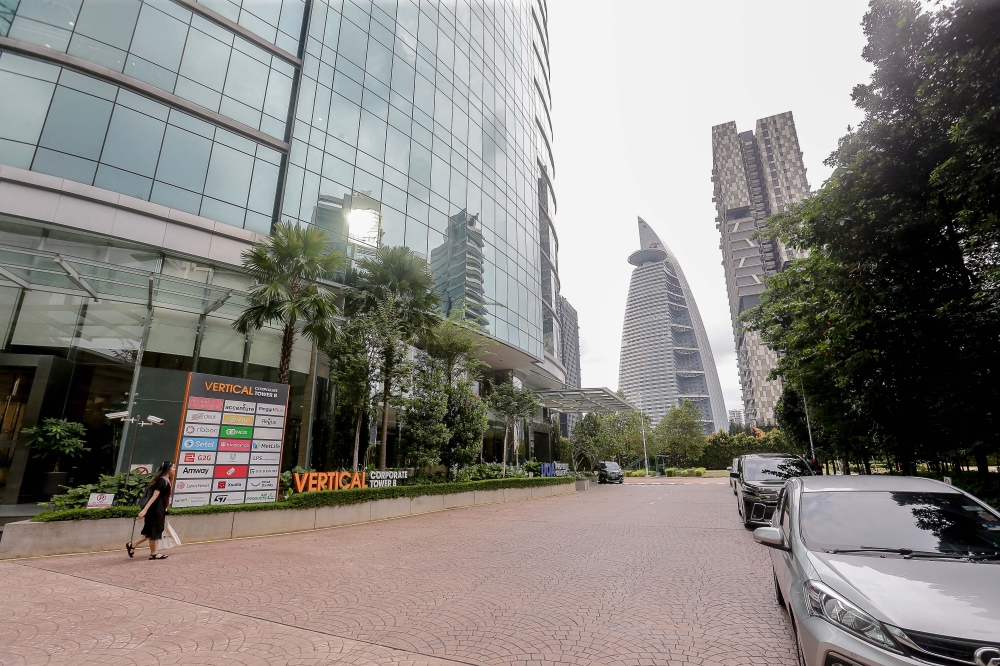
For this, Putrajaya would have many options to choose from, with two MSC Cybercentres already set up around KL Sentral and Bangsar South, where many companies with the MSC Status — now called Malaysia Digital — are situated.
According to the Malaysia Digital Economy Corporation (MDEC) under the Digital Ministry, there are 2,708 active companies with the status as of December 2021. These companies are offered a set of incentives, rights and privileges from Putrajaya in its bid to grow its digital economy ecosystem.
Among notable office spaces in these two MSC Cybercentres are Axiata Tower and Q Sentral in KL Sentral, and The Vertical and The Horizon in Bangsar South.
Yee Yun Lim, the chief executive of artificial intelligence (AI) startup Aye Solutions based The Vertical’s Tower A, said the new township of Bangsar South has been a gathering place of those who share the same mission and vision.
“In Bangsar, there’s an ecosystem within it. You have giant tech companies like Alibaba, Touch ‘n Go, Lazada, and Xiaomi — and there are startup companies like us working in the same place as them. We can benefit from each other because we share the vibes. We are all trying to grow our companies to higher levels.
“Though we are working on different things, and come from a different background, we share the same vision. It’s the vibes that make the area one of the suitable places for entrepreneurs to be,” Yee told Malay Mail.
Malay Mail understands that what makes the area attractive to Putrajaya as a Startup Hub is the connectivity of the Kelana Jaya Line, especially the stretch between KL Sentral and the KL Gateway-Universiti station — with the latter nearby to the prestigious University of Malaya.
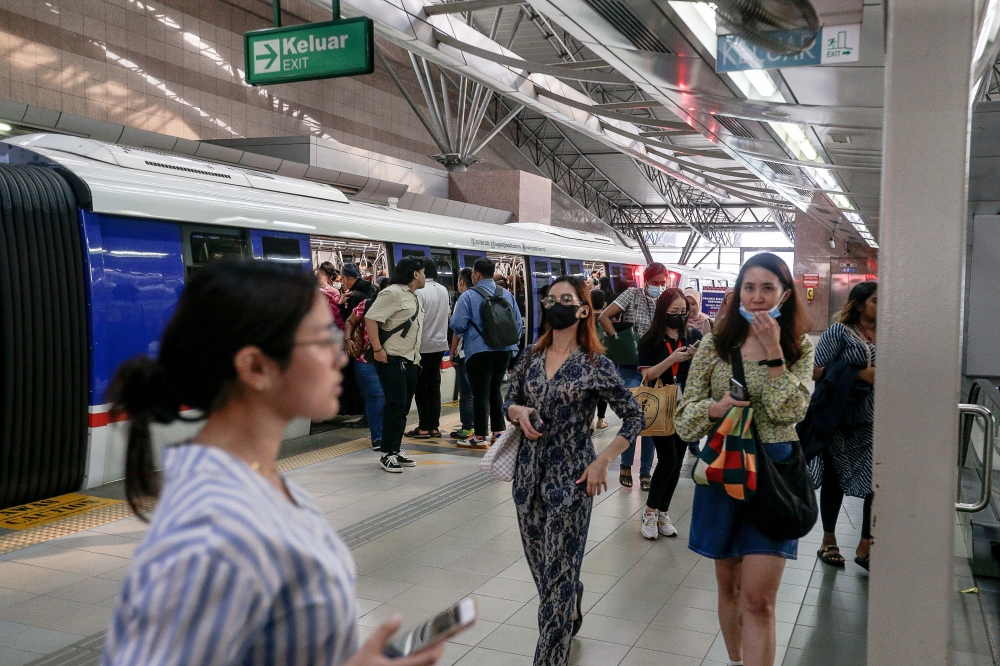
Between the two stations are: Bangsar which is the gateway to the hip upmarket neighbourhood, Kerinchi which is connected to Menara TM and Bangsar South, and Abdullah Hukum which is near the MidValley Megamall and The Gardens shopping malls.
“There are two LRT stations nearby, Kerinchi, which is the nearest and you can just walk there, and then there’s Universiti station. If you want to head to central KL or your client from there wants to go to your office for a meeting, public transport can connect us to each other.
“If we want to conduct a meeting outside of our office, we can book a space just across the Vertical. It's convenient,” Yee said.
The Kerinchi station in particular is popular with those working in Bangsar South, with a convenient walkway crossing over the busy Federal Highway. Getting from the station to the Bangsar South area takes roughly 10 minutes by walking.
Additionally, KL Sentral is also connected to the KLIA Ekspres and Transit lines to the Kuala Lumpur International Airport, and the area nearby is also served by the KTM Komuter line.
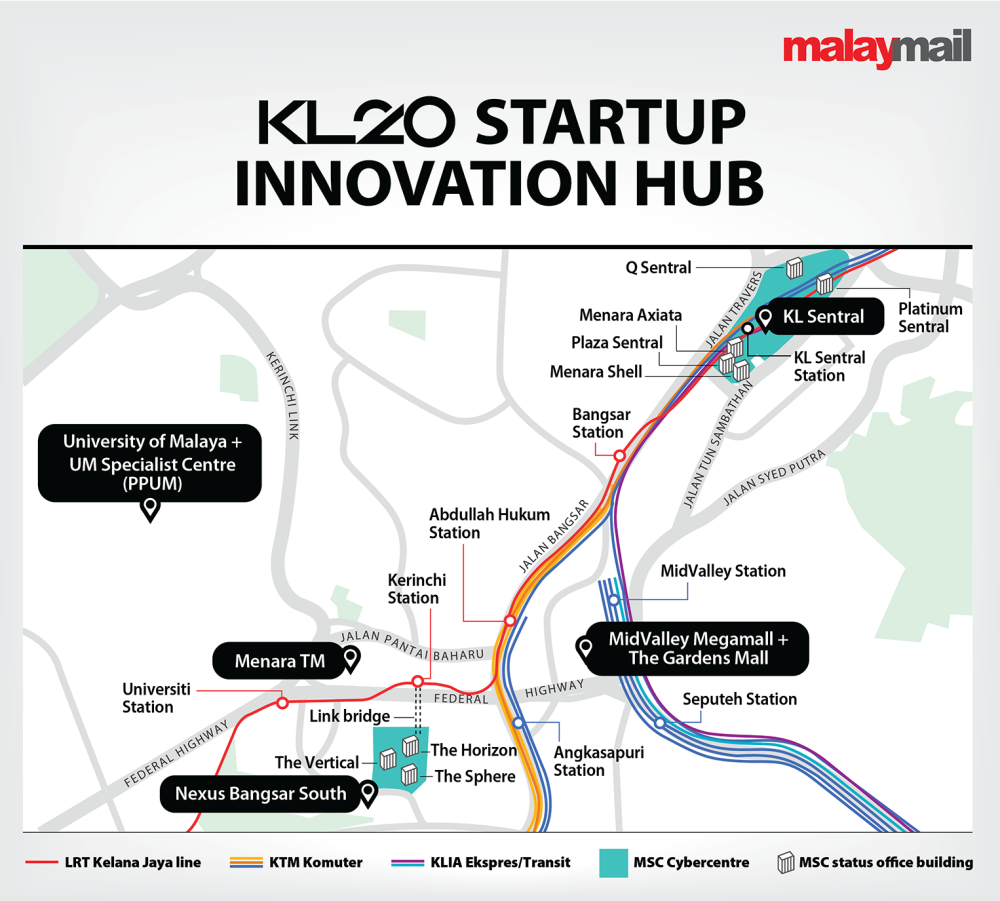
Aizat Rahim, the founder of business-to-business marketplace Borong (formerly known as Dropee), said working at the Menara IGB in MidValley City definitely has its perks.
“While most MSC companies can enjoy waived business income tax for five years, we mainly enjoy the fact that it is really central and accessible for our team members and colleagues to travel to the office.
“Of course, not forgetting that there are a lot of tech companies based there, so it’s easier for us to grab a coffee and have a chat about pretty much everything with other founders,” he said.
Safwan Hasif, a project management officer for information technology consultancy Accenture Malaysia said although he commutes to work in The Vertical by motorcycle, he can take advantage of the numerous dining options nearby for client meetings.
“I have a friend in the same line as me, but he works in Cyberjaya. The thing is there are not so many places to bring clients over there. [Not so many] nearby malls or decent restaurants.
“But over here, I have a lot of options. It’s a factor if you want to close a deal. Negotiating in a decent place can get you to seal the deal,” he told Malay Mail when met in Bangsar South.
Some workers also pointed to a six-acre lake garden surrounded by tall trees between The Vertical and The Horizon as providing respite in between work, while the Perdana Botanical Gardens is just a short drive away from KL Sentral.
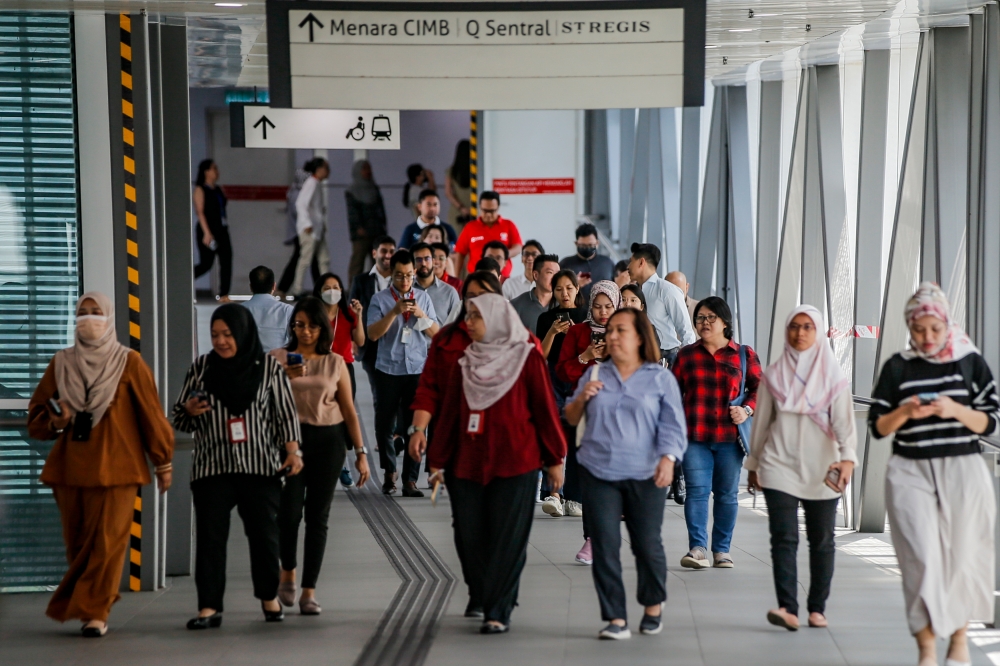
The KL20 Summit is aiming for Malaysia to be in the top 20 of global startup hubs by 2030, by targeting global startups, founders, VC firms and sovereign funds to relocate to Kuala Lumpur.
Among the incentives announced during KL20 were the Unicorn Golden Pass, which includes exempted fees for employment passes for senior management, subsidised rental, concessionary tax rates on corporate profits, relocation services, and a startup concierge that handles the backroom registration at the start.
To attract high-skilled talent, the Innovation Pass offers a multi-tier employment pass programme, while the VC Golden Pass offers limited partners funding access opportunities, subsidised office spaces, expedited licence registrations, and exempted fees for employment passes.
Putrajaya also announced the KL20 GPU Scheme, a rebate scheme for the use of cloud services and general-purpose computing on graphics processing units (GPUs), and Startup City Connect linking KL and Hangzhou, China — akin to a special economic zone that promised seamless market access to grow and scale startups in both cities.

